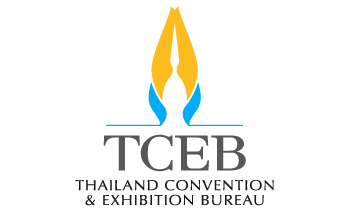
SUSTAINABILITY
Thailand Leads the Way in Sustainable Tourism
Thailand is setting a bold example in eco-tourism, combining green mobility, community-based travel, and environmentally conscious hospitality to redefine the future of travel—including for the business events sector.
At the heart of this transformation are 11 low-carbon travel routes, designed to reduce emissions while offering immersive, responsible experiences. From cycling through Chiang Saen's ancient city walls to kayaking in Takua Pa's 'Little Amazon' mangroves and exploring Phuket Old Town on foot, these journeys help travellers connect with Thailand's natural and cultural heritage.
Beyond leisure, Thailand is applying these principles to its MICE (Meetings, Incentives, Conventions and Exhibitions) sector, offering more sustainable options for business travellers. Initiatives include green-certified venues, carbon offset programmes, and locally focused itineraries that blend professional objectives with low-impact, meaningful experiences.
Eco-trips like the “Amazing Organic Trip” in Chiang Mai highlight traditional farming and sustainable cuisine, while marine conservation in Ban Bang Rong supports biodiversity and community livelihoods.
Thailand is also addressing transport emissions. The government aims for 30% of new vehicles to be electric by 2030 and 100% zero-emission production by 2035. Nationwide EV charging and green rail expansion support this goal, offering both tourists and MICE delegates greener ways to travel.
The hospitality industry is aligning through the Sustainable Tourism Acceleration Rating (STAR), which rates hotels and tour operators on environmental and social benchmarks. This helps visitors and event organisers make conscious choices.
Phuket Old Town is leading the way with a goal to become carbon-neutral by 2030, setting a model for integrating sustainability into urban and event tourism.
Though challenges remain, Thailand's integrated approach ensures that sustainable travel benefits both the environment and local communities—across both leisure and business sectors.




